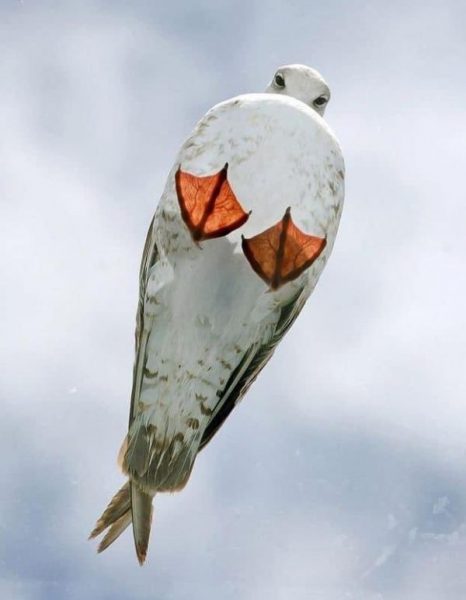Alexa/Echo Owners Become Part of Amazon’s Massive ‘Sidewalk’ Mesh Network By DefaultInc.
Try This One Weird Trick Russian Hackers Hate Brian Krebs
Take note, would-be iconoclasts: The Journal of Controversial Ideas wants to see what you've been afraid to submit
She [an artist] tries to do a show a year, one every three years at each of the three galleries. The idea, she explained, is for your prices not to have a sudden rise, precisely because they can crash, but rather for your dealers to increase them slowly as your work receives exposure through venues like group shows, exhibitions, and biennials. Auctions can be dangerous for just that reason. At the time we spoke, Wilcox’s works on paper (19″ x 24″) were selling for around $6,000; her largest paintings (12′ x 6′), for $45,000. Dealers take 50 percent. Prices are based on size, not judgments of quality, because you don’t want to influence buyers’ opinions. Smaller works are cheaper, but more expensive per square inch (kind of like real estate). Large paintings are easier to sell in Los Angeles than London or New York, because the houses are bigger.
That is an excerpt from William Deresiewicz, The Death of the Artist: How Creators are Struggling to Survive in the Age of Billionaires and Big Tech, an excellent book (ignore the subtitle).
News You Can Use
1. Popular wisdom says the second cheapest bottle of wine has the biggest markup because no one wants to look like a cheapskate and buy the cheapest bottle and restaurants take advantage of that tendency to markup the second cheapest bottle relatively more so it’s a poor value. Popular wisdom is wrong according to an analysis of wines at London restaurants. Peak markup is near the middle. Buying by the glass is also ok.
2. How to cook cicadas. An entire cookbook, albeit a short one. No word on what wine pairs well with cicada.
3. The Invisible Graveyard: A Conversation with Economist Alex Tabarrok a good podcast with with physicians in training Mitch and Daniel Belkin. You may also be interested in Metformin and the Biology of Aging with Nir Barzilai.
4. 1729–earn Bitcoin for completing tasks & tutorials. Balaji Srinivasan’s newsletter that pays readers. 1729, a very interesting number and an effort to bootstrap the community and technology to eventually deliver online countries. Here’s a good winning entry, a review of Balaji’s essay Founding vs. Inheriting.
